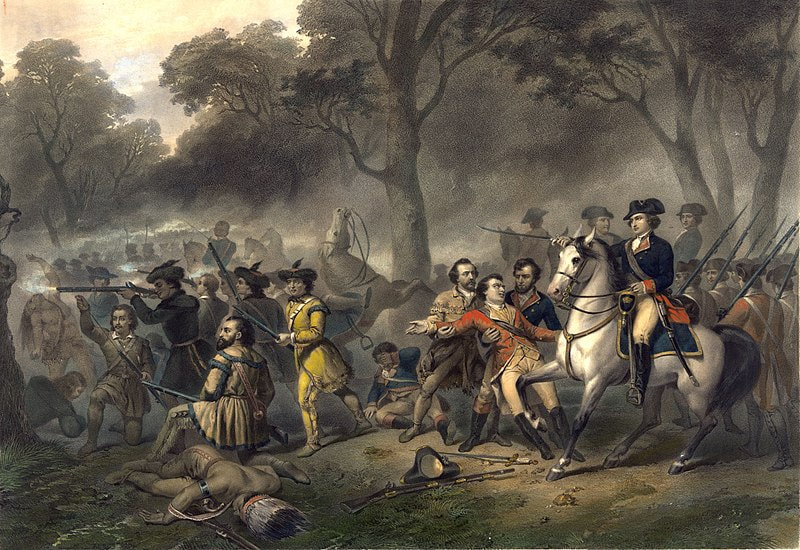|
For years I learned Americans won their Revolution due to such advantages as knowing the terrain. Not until grad school did I hear about dissention in Britain as the war dragged on. “I am persuaded and I will affirm, that it is a most accursed, wicked, barbarous, cruel, unnatural, unjust, and most diabolical war,” William Pitt said in Parament in 1781. “The expense of it has been enormous . . . and yet what has the British nation received in return?” James Boswell wrote in his diary, “Opinion was that those who could understand were against the American war, as is almost every man now.”
Fast forward to America’s loss in Vietnam. I hear more about dissention within the U.S. than Vietnamese factors conducive to victory. Why the difference in emphasis? Hypocrisy? No; win or lose, it is natural that Americans look at wars primarily in terms of happenings in the U.S. As in photography, the picture necessarily varies with the angle from which one looks. Even attempts to cover multiple angles do so by jumping from one to another, like a series of still photos rather than one that’s all-inclusive. Other terms to describe narrative viewpoint include the lens through which writers look and the focus where they concentrate attention. Which is true history, the view from Britain or the United States, from the U.S. or Vietnam? Both, if they’re supported by evidence and don’t claim to have a monopoly on truth. Image: Regnier, Washington the Soldier, 1834. Library of Congress.
2 Comments
Richard Heiberger
2/13/2023 11:37:50 am
I immediately move into the literal interpretation of your photography metaphor. street view is the ob/re/in/con-verse of what you describe. street view is the simultanuous image in all directions from the central point. you are describing the simultaneous view of the central point from all directions.
Reply
2/13/2023 07:30:26 pm
Interesting. Is street view an established term in photography or a Google creation? From the Google specs, it looks like street view is achieved by a series of still photographs, much as I describe for the ob/re/in/con-verse. I wonder what would be the historical/narrative equivalent of street view, if any. A world history survey with every chapter from a strictly Philadelphia or Wisconsin perspective, with India and Australia invisible?
Reply
Leave a Reply. |
AuthorI'm a historian who writes novels and literary nonfiction. My home base is Madison, Wisconsin. Archives
July 2024
|

 RSS Feed
RSS Feed